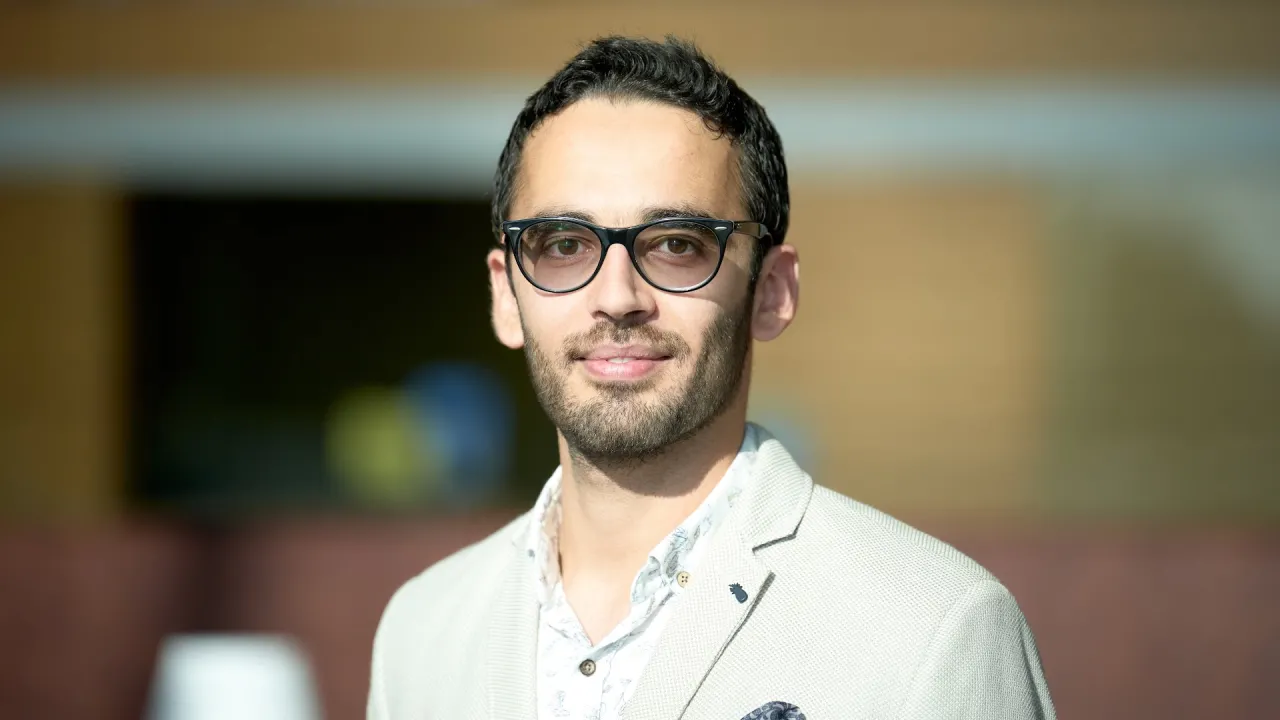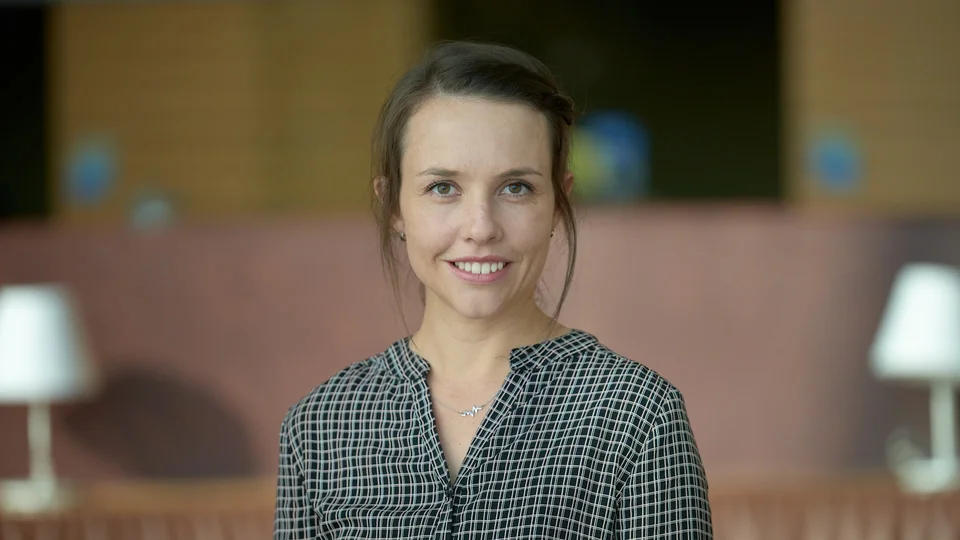
KAUST Ph.D. candidate wins ISBA-BayesComp poster award at the International Society for Bayesian Analysis 2022
Esmail Abdul Fattah, a KAUST Ph.D. candidate in statistics, won a poster award in the "junior-BayesComp-ISBA" category at the 30th meeting of the International Society for Bayesian Analysis (ISBA 2022) held from June 26 to July 1 in Montreal, Canada.
About
By David Murphy
Esmail Abdul Fattah, a KAUST Ph.D. candidate in statistics, won a poster award in the "junior-BayesComp-ISBA" category at the 30th meeting of the International Society for Bayesian Analysis (ISBA 2022) held from June 26 to July 1 in Montreal, Canada. In celebration of ISBA's 30th anniversary, this year's meeting brought together Bayesian statisticians from around the world to share recent findings and discuss new challenges.
From a total of 275 poster submissions, eight were awarded a poster prize for the Bayesian Computation category. Abdul Fattah’s award-winning poster, titled "Approximate Bayesian Inference for the Interaction Types 1, 2, 3 and 4 with Application in Disease Mapping," is a co-authored work with his supervisor at KAUST Professor Håvard Rue.
In disease-mapping computational models that include spatiotemporal interactions, machine learning (ML) inference—applying a ML model to a dataset to generate an output or “prediction”— becomes more helpful in revealing unknown patterns in the data. However, when the number of locations and time points is large, the inference becomes computationally challenging due to the high number of required constraints necessary for inference.
Based on realistic scenarios, Abdul Fattah and Rue's proposed approach can reach a 40-fold faster speed than Integrated Nested Laplace Approximations (INLA)—an approach to Bayesian inference that focuses on quick and accurate approximation of posterior marginals for parameters in latent Gaussian models (LGMs)—without depending on constraints.
"I feel honored and grateful to have won an ISBA 2022 poster award," he said. "It will inspire me to continue my recognized research and to be even prouder to be supervised by Professor Rue at KAUST."
As a member of the KAUST Bayesian Computational Statistics and Modeling (BAYESCOMP) group, Abdul Fattah’s research mainly focuses on Bayesian and computational statistics, data science and optimization. Specifically, he is currently developing an INLA prototype using dense matrices within a high-performance computing framework. One of the benefits of his research is its ability to solve new problems that arise partly because of the enormous development of data collection techniques.
“One application is fitting disease mapping models with high interactions, which is computationally demanding for various inference architectures, including Markov chain Monte Carlo and INLA. The prototype also includes the Smart Gradient, a simple limited-memory technique for improving the accuracy of a numerically computed gradient in a hierarchical optimization framework,” he explained.
The Smart Gradient project is a co-authored work by Abdul Fattah, Dr. Janet Van Niekerk, a research scientist in the BAYESCOMP group, and Professor Rue. The work was published in the Foundation of Data Science Journal earlier this year.

